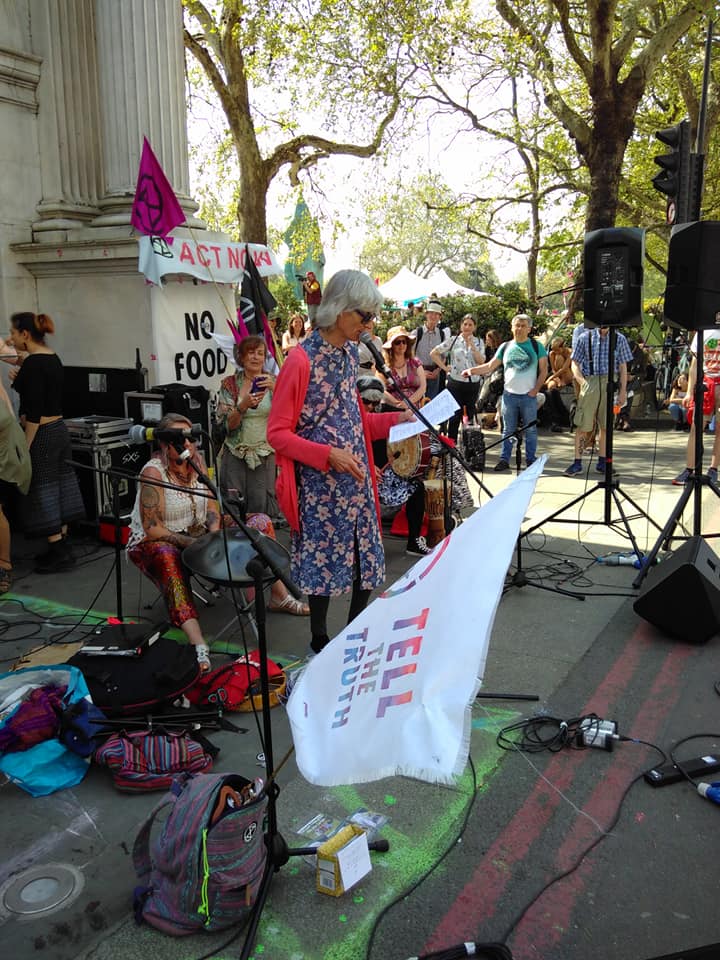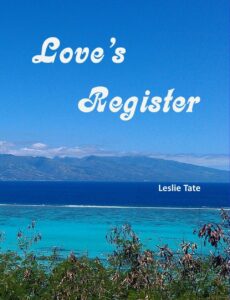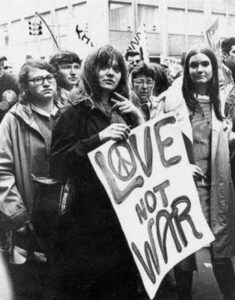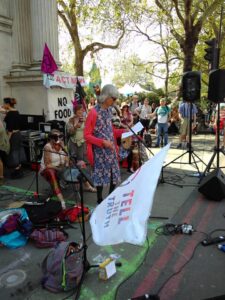
Part 2 MARK STATMAN: MEXICO AND THE POETRY OF GRIEF AND CELEBRATION
Part 2 of my interview with Mark Statman looks closely at Mark’s Latin American poetic influences, his life in Mexico and ends with an extract

 Leslie Tate asks Where’s the ‘Me’ in my Novels?
Leslie Tate asks Where’s the ‘Me’ in my Novels?
On the face of it, everything I write is semi-autobiographical. Even if it’s third-person I can reference some of it to my life. I seem to need some kind of realia to set me going – which can be a remembered phrase or an image from the past. That means, although I try to write outside my experience I find, in the end, only the personal does it.
But this reliance on fact makes me feel at times that my imagination is limited. Of the two types of novelist, adapters and fantasists, I’m with the former. So, in Love’s Register, I’ve drawn on my childhood, my hippy days, my ’80s political activism and my love affair with Sue Hampton, my wife. I’m not the sort of author who reads about something in the newspapers and turns it into story.
There’s ego in there, even when it’s hidden. Adapted, of course, to impersonate my characters.
So, isn’t this all rather a lot of me? Well, authenticity is important, and it helps with consistency. I also find that characters need models. But writing like this isn’t simply copying, because what starts from experience soon takes off in its own direction. In any case words are selective, so in some ways a novel is a cutdown of life.
In Love’s Register the Oceania sections about Professor Hereiti were the furthest away from my lived experience. I used two friends, Lillian Howan and Lucy van Hove, plus Wikipedia, a visit to the Oceania exhibition and Lewis Hyde’s book The Gift to help me. Even then, the parts of Hereiti’s interview where she talks about her childhood Gods were my experience dressed up as hers:

“When I was a child, I went in fear of what I called the Gods in the garden. I believed they’d taken cover under the leaves of the tiaré flower and were watching. At any moment they might jump out and eat me. I’d tried various ways of shutting them out – running past their hiding place or wrestling them in my mind or sitting with my eyes shut pretending they weren’t there. In fact, without knowing it I was acting out the theory of fight/flight/freeze! But one day I did the unthinkable. Like Newton or Marie Curie, I experimented on myself. I pushed my way in under the tiaré bush and joined them. Suddenly the power I was afraid of was sitting inside me. I’d turned myself inside out, from victim to agent. It was then that I discovered that our deepest fear is the gateway to our true selves.”
As a novelist, I find myself blending together ‘me’ and ‘them’. I call it the super-personal. As I write through my characters, I’m looking for turns of phrase that point towards the generic and the wider context. To give one example from the ’60s part of Love’s Register:
‘His experience had become a part of the newfound freedom, of soul upfront and mind expanded, of closeness to being and deepened understanding. A wide-open world where the young were authentic, doing things on impulse, with expression, saying what they thought. For this was their right, an important statement. It belonged out there in an all-public space where people went barefoot, swore, made love, took pleasure: an all-out world, a drama of allowance.’
 So the movement is back and forth between mind and the world, the imagined and the real. And in that process, I use my own inner voice to go inside my characters. But, of course, in doing so, I listen carefully and edit to avoid faking it. My aim is the opposite – to jump the gap and enter into a second skin. And, yes, that’s ego, but put to service.
So the movement is back and forth between mind and the world, the imagined and the real. And in that process, I use my own inner voice to go inside my characters. But, of course, in doing so, I listen carefully and edit to avoid faking it. My aim is the opposite – to jump the gap and enter into a second skin. And, yes, that’s ego, but put to service.
One final example of ‘voicing’ characters from Love’s Register. This interview with Joe, Mia and Cass was based on what I’ve learned from working at a stand-up comedy venue and as a radio presenter:
Leslie Tate

Love’s Register tells the story of romantic love and climate change over four UK generations. Beginning with ‘climate children’ Joe, Mia and Cass and ending with Hereiti’s night sea journey across Oceania, the book’s voices take us through family conflicts in the 1920s, the pressures of the ‘free-love 60s’, open relationships in the feminist 80s/90s and a contemporary late-life love affair. Love’s Register is a family saga and a modern psychological novel that explores the way we live now.

Part 2 of my interview with Mark Statman looks closely at Mark’s Latin American poetic influences, his life in Mexico and ends with an extract

I interviewed international poet and translator Mark Statman about Volverse/Volver, his 14th published collection. Mark, who has won national arts awards, is Emeritus Professor of Literary

I interviewed Lisa Dart, finalist in the Grolier, Aesthetica and Troubadour Poetry Prizes and author of The Linguistics of Light (poems, Salt, 2008), Fathom (prose

I interviewed writer Julia Lee Barclay-Morton about her experience of autism. Julia began as an experimental dramatist in New York, moving to the UK to

I interviewed Gillean McDougall from Glasgow, who edited the collaborative projects Honest Error (on Charles Rennie Mackintosh and his wife Margaret Macdonald) and Writing the
| Cookie | Duration | Description |
|---|---|---|
| cookielawinfo-checkbox-analytics | 11 months | This cookie is set by GDPR Cookie Consent plugin. The cookie is used to store the user consent for the cookies in the category "Analytics". |
| cookielawinfo-checkbox-functional | 11 months | The cookie is set by GDPR cookie consent to record the user consent for the cookies in the category "Functional". |
| cookielawinfo-checkbox-necessary | 11 months | This cookie is set by GDPR Cookie Consent plugin. The cookies is used to store the user consent for the cookies in the category "Necessary". |
| cookielawinfo-checkbox-others | 11 months | This cookie is set by GDPR Cookie Consent plugin. The cookie is used to store the user consent for the cookies in the category "Other. |
| cookielawinfo-checkbox-performance | 11 months | This cookie is set by GDPR Cookie Consent plugin. The cookie is used to store the user consent for the cookies in the category "Performance". |
| viewed_cookie_policy | 11 months | The cookie is set by the GDPR Cookie Consent plugin and is used to store whether or not user has consented to the use of cookies. It does not store any personal data. |